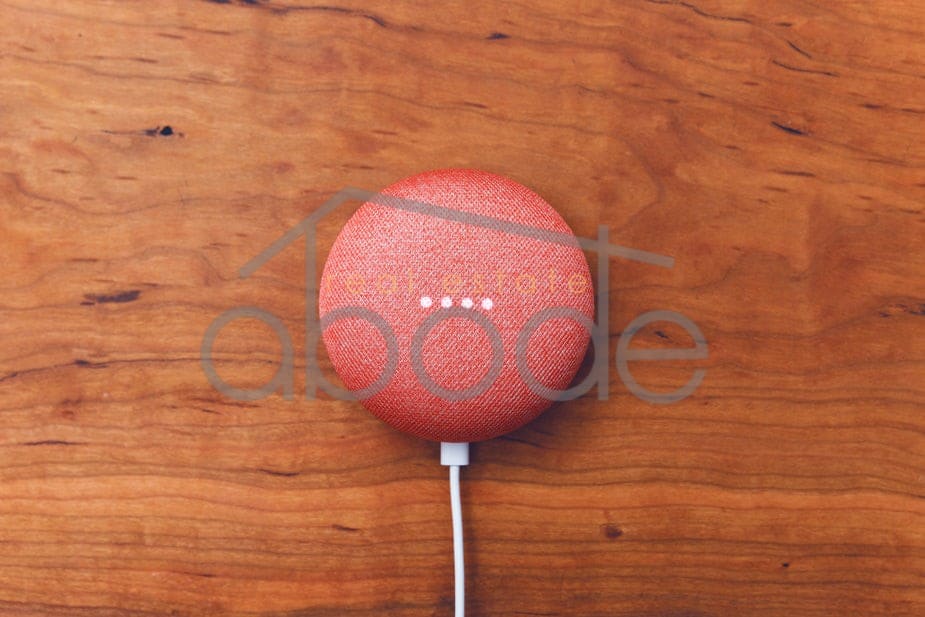Smart City Kampong Speu was approved by the Development Council of Cambodia (CDC) under the ‘Creatanium Blockchain’ project located in a 300-hectare Special Economic Zone (SEZ) established in 2019.
According to a strategist, the area is an excellent location to “implement blockchain solutions, property management, smart contracts and e-payments”. Much will be mixed-use with 20% “allocated to construction, management of condominium, detached and terrace units”. It will also include shophouses and a shopping mall to host the linked service industry. The developers said they have plans to later expand it to the rest of the SEZ. It is already eyeing an expansion of its own Creatanium project.
Local stakeholders welcomed the project, saying projects like this are critical to Cambodia’s ongoing economic development and foreign investment. “Importing e-solutions and technology is crucial to long term socio economic health, assuming training and opportunities for locals”.
However some see potential flaws in the increasing gap between the tech haves and have-nots with fears that this new wave of initiatives may bypass the Khmer community and not add value to local economies.
Timing is unclear, however a number of Mall to Medium Enterprises (SMEs) and entrepreneurs have already scouted the approved site. A typical smart city uses inter connected technologies to coordinate road traffic, public transport, security, the electric power grid, and water systems, among others.
This advanced concept of urban development is gaining popularity throughout Asia. In July 2019, Vietnam and Cambodia discussed plans to cooperate and since 2016, South Korea has been pushing to build a smart city in Cambodia. There is definitely interest in developing this concept in Cambodia and this is likely to grow.
What is a Smart City?
According to Wikipedia, a smart city is “… a technologically modern urban area that uses different types of electronic methods and sensors to collect specific data. Information gained from that data is used to manage assets, resources and services efficiently; in return, that data is used to improve operations across the city.
This includes data collected from citizens, devices, buildings and assets that is processed and analyzed to monitor and manage traffic and transportation systems, power plants, utilities, water supply networks, waste, crime detection, information systems, schools, libraries, hospitals, and other community services. Smart cities are defined as smart both in the ways in which their governments harness technology as well as in how they monitor, analyze, plan, and govern the city.
The smart city concept integrates information and communication technology (‘ICT’), and various physical devices connected to the Internet of things (‘IoT’) network to optimize the efficiency of city operations and services and connect to citizens.
Smart city technology allows city officials to interact directly with both community and city infrastructure and to monitor what is happening in the city and how the city is evolving. ICT is used to enhance quality, performance and interactivity of urban services, to reduce costs and resource consumption and to increase contact between citizens and government.
Smart city applications are developed to manage urban flows and allow for real-time responses. A smart city may therefore be more prepared to respond to challenges than one with a conventional “transactional” relationship with its citizens. The term itself remains unclear in its specifics and therefore, open to interpretation.
ASEAN Smart Cities Network (ASCN) aims to synergise development efforts across ASEAN by facilitating cooperation on smart city development, catalysing bankable projects and securing funding and support from external partners. Governance is highly stimulated by knowledge, creativity, and innovation…”.
From Kampong Speu targeted for city project
K. Speu: Palm Sugar and Cambodian Tradition






